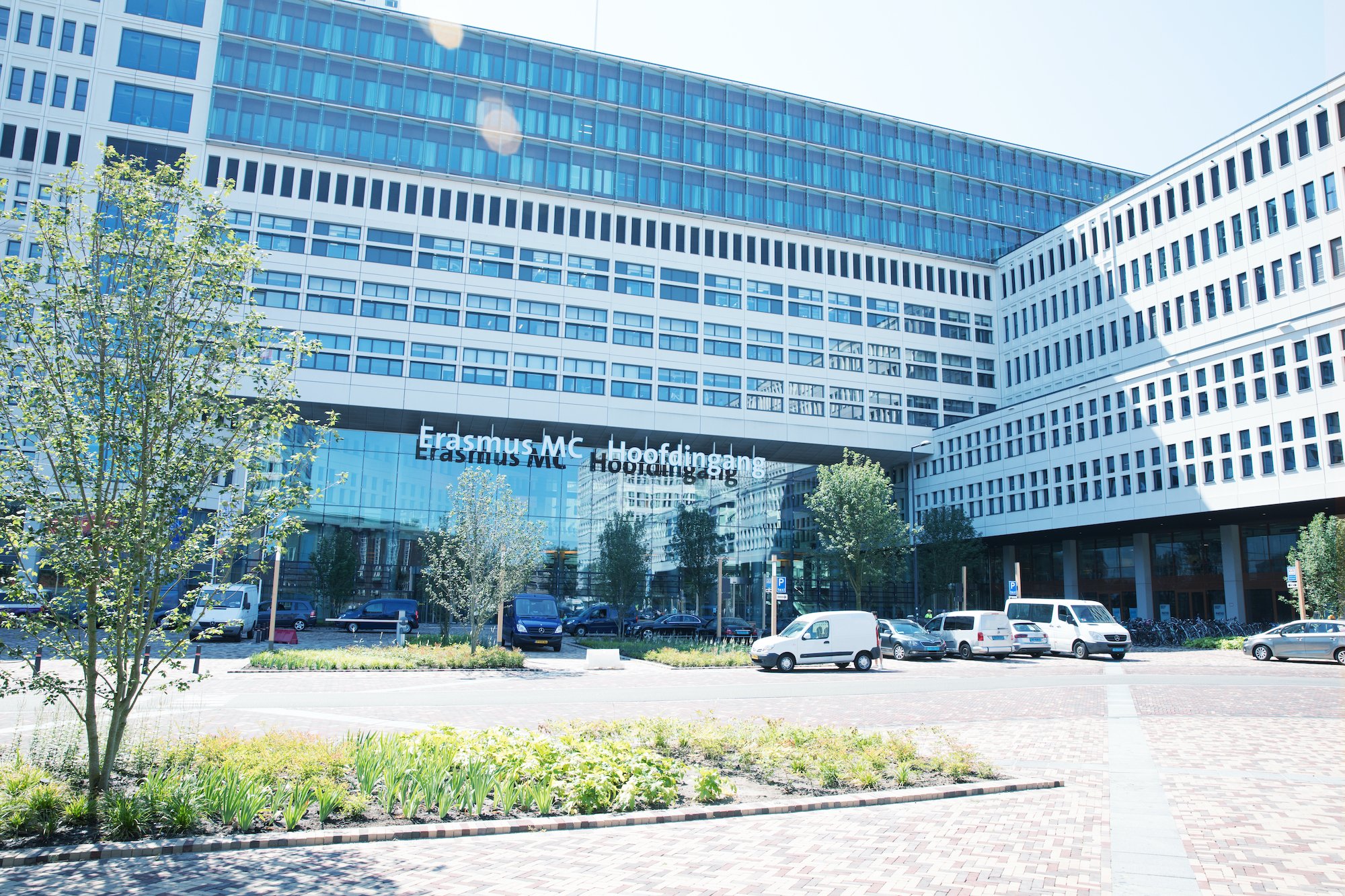PhD on identifying novel targets for the treatment of fibrosis in chronic blood cancer
PhD on identifying novel targets for the treatment of fibrosis in chronic blood cancer
You cannot apply for this job anymore (deadline was 22 Mar 2023).
Browse the current job offers or choose an item in the top navigation above.
Job description
A 4-year full-time PhD position is available in our laboratory to identify druggable mechanisms for an improved treatment of fibrosis in chronic blood cancer.
Primary Myelofibrosis (PMF) is an incurable blood cancer caused by mutations in hematopoietic stem cells. It belongs to a related group of blood cancers known as "BCR-ABL1-negative myeloproliferative neoplasms (MPN)". In PMF the bone marrow tissue is gradually replaced by fibrous scar-like material (myelofibrosis; MF). Over time, this leads to progressive bone marrow failure and failure of the body to produce blood cells. The only potentially curative option is transplantation of healthy donor bone marrow cells (allogeneic hematopoietic stem cell transplantation; allo-HSCT). However, the majority of patients are not eligible for this high-risk procedure due to age and comorbidities.
In our recent work (1-3), we identified the long-sought fibrosis-driving cells of the bone marrow in murine and human bone marrows. We are now in the position to determine the molecular, temporal and spatial "turning point" from a myeloproliferative to a fibrotic bone marrow. In this PhD project, we will generate a high-resolution map of the stepwise fibrotic transformation of the bone marrow by applying cutting edge multiomic and spatial transcriptomics technologies in established murine models and patient samples. It is the central goal to identify mechanisms specific to the progression of fibrosis which will be functionally validated.
The PhD candidate will use state-of-the-art methods including genetic fate tracing, genetic murine models, bone marrow transplantation, confocal imaging and single-cell RNA methodologies with spatial resolution. Biocomputational experience is expected.
Primary Myelofibrosis (PMF) is an incurable blood cancer caused by mutations in hematopoietic stem cells. It belongs to a related group of blood cancers known as "BCR-ABL1-negative myeloproliferative neoplasms (MPN)". In PMF the bone marrow tissue is gradually replaced by fibrous scar-like material (myelofibrosis; MF). Over time, this leads to progressive bone marrow failure and failure of the body to produce blood cells. The only potentially curative option is transplantation of healthy donor bone marrow cells (allogeneic hematopoietic stem cell transplantation; allo-HSCT). However, the majority of patients are not eligible for this high-risk procedure due to age and comorbidities.
In our recent work (1-3), we identified the long-sought fibrosis-driving cells of the bone marrow in murine and human bone marrows. We are now in the position to determine the molecular, temporal and spatial "turning point" from a myeloproliferative to a fibrotic bone marrow. In this PhD project, we will generate a high-resolution map of the stepwise fibrotic transformation of the bone marrow by applying cutting edge multiomic and spatial transcriptomics technologies in established murine models and patient samples. It is the central goal to identify mechanisms specific to the progression of fibrosis which will be functionally validated.
The PhD candidate will use state-of-the-art methods including genetic fate tracing, genetic murine models, bone marrow transplantation, confocal imaging and single-cell RNA methodologies with spatial resolution. Biocomputational experience is expected.
- Leimkühler NB, Gleitz HFE, Ronghui L, Snoeren IAM, Fuchs SNR, Nagai JS, et al. Heterogeneous bone-marrow stromal progenitors drive myelofibrosis via a druggable alarmin axis. Cell Stem Cell 2021 Apr 1;28(4):637-52.e8.
- Kramann R, Schneider RK. The identification of fibrosis-driving myofibroblast precursors reveals new therapeutic avenues in myelofibrosis. Blood. 2018 May 10;131(19):2111-9.
- Schneider RK, Mullally A, Dugourd A, Peisker F, Hoogenboezem R, Van Strien PMH, et al. Gli1 Mesenchymal Stromal Cells Are a Key Driver of Bone Marrow Fibrosis and an Important Cellular Therapeutic Target. Cell Stem Cell. 2017 Jun 1;20(6):785-800.e8.
Specifications
- max. 36 hours per week
- €2789—€3536 per month
- Rotterdam View on Google Maps
Requirements
- A Master's degree (MSc, MPhil) in Biological Sciences, Molecular Biology, Nanobiology or related fields.
- Demonstrated self-motivation, organizational skills and scientific thinking from research project(s).
- Excellent oral and written English and strong communication skills.
- Experience in molecular biology, biocomputational analysis, murine models and advanced cell culture is expected.
Conditions of employment
- You will receive a temporary position for 4 years. The gross monthly salary is € 2.789 ,- in the 1st year and increases to € 3.536,- in the 4th year (scale OIO).
- Excellent fringe benefits, such as a 13th month that is already paid out in November and a individual travel expense package.
- Pension insurance with ABP. We take care of approximately 2/3 of the monthly contribution.
- Special benefits, such as a incompany physiotherapist and bicycle repairer. And there is also a gym where you can work on your fitness after work.
Employer
Erasmus MC
Erasmus MC stands for a healthy population and excellence in healthcare. By conducting groundbreaking work, we aim to push boundaries through leading the way in research, education and healthcare. We have access to the latest equipment and techniques in a state-of-the-art environment.The Department of Developmental Biology houses innovative technologies and top level facilities to support its research programs, and is embedded in the dynamic, internationally competitive research community of over 40 biomedical research labs within the Erasmus MC.
Specifications
- PhD
- Health
- max. 36 hours per week
- €2789—€3536 per month
- University graduate
- 10.30.23.TBW-P1180051-1
:fill(white)/logos/emc-en-wide.png)
